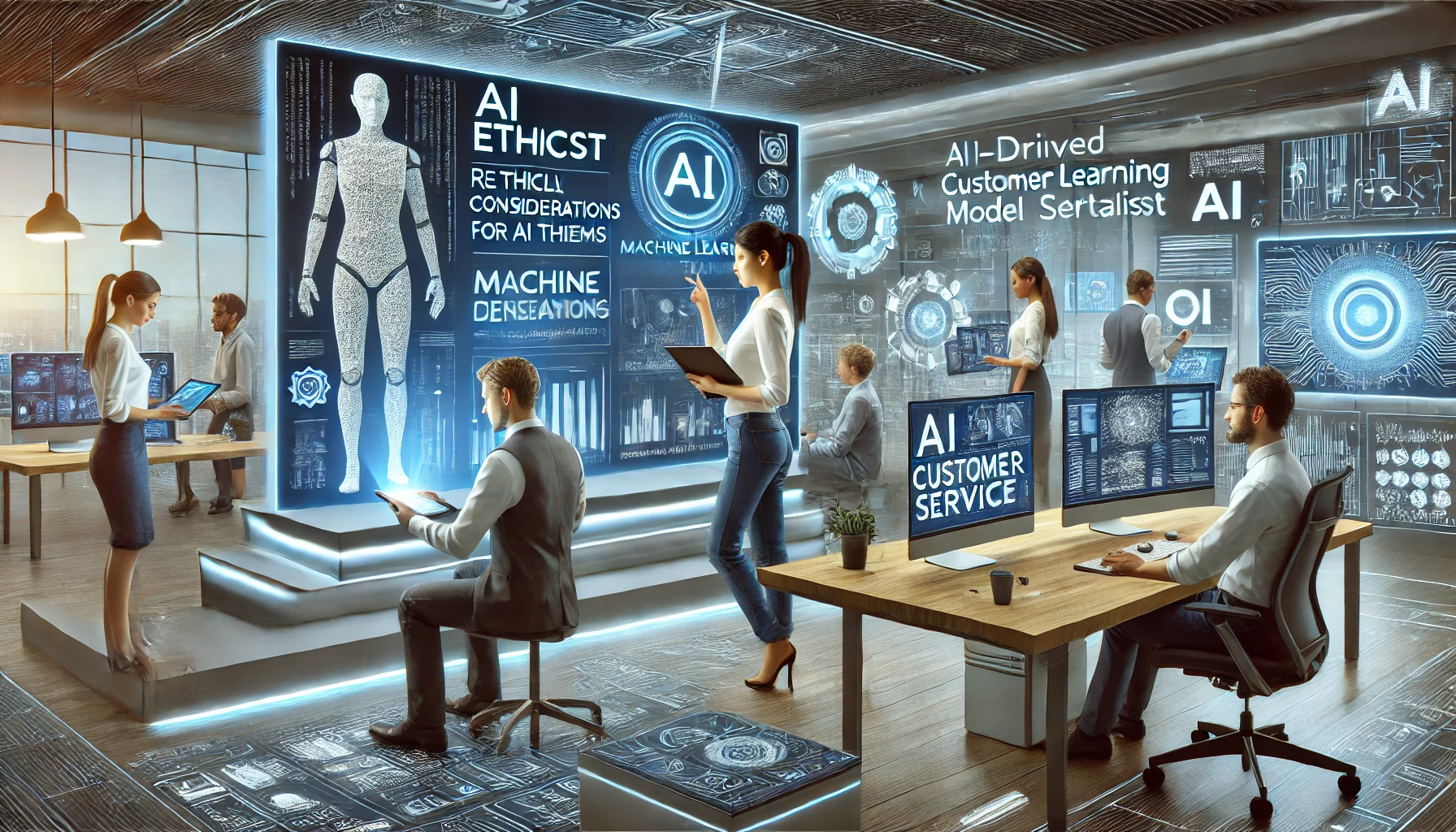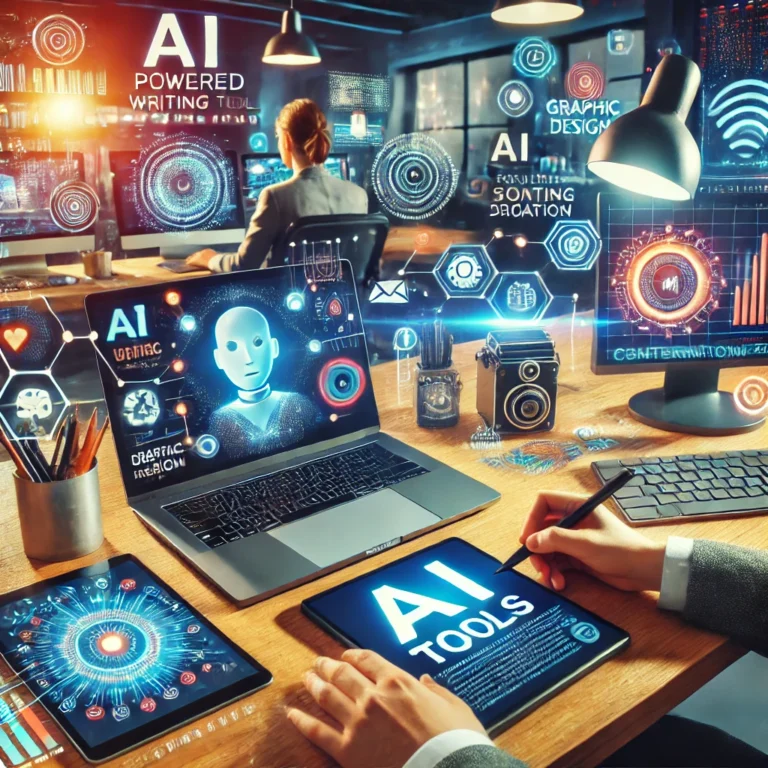
We’re at an exciting crossroads in the workplace, where artificial intelligence (AI) isn’t just some futuristic concept – it’s here, and it’s changing the way we work every day. From automating repetitive tasks to helping companies understand customers better, AI is transforming jobs across industries. And with this shift comes a whole new wave of career opportunities.The workforce is evolving rapidly, driven by advancements in artificial intelligence (AI) that are reshaping roles across industries.
AI is no longer just an assistive technology; it’s an essential tool transforming how companies operate, make decisions, and interact with customers. As Artificial intelligence becomes integrated across fields, it’s giving rise to entirely new job roles tailored to harness its power responsibly and effectively. Let’s explore some of these emerging roles that are helping to shape a future where humans and AI can work together seamlessly.
Why We Need AI-Specific Roles

As AI systems become more autonomous and sophisticated, the need for specialized roles is increasing. These roles are necessary not only to manage the technical aspects of AI but also to address ethical and operational considerations. From guiding responsible AI practices to ensuring seamless collaboration between AI and human workers, these emerging roles reflect how Artificial intelligence is influencing every layer of the job market.
As we rely on AI to do more for us, there’s a growing need for people who can guide and manage it. This isn’t just about making sure the technology works it’s about ensuring Artificial intelligence is used in ways that are responsible, fair, and beneficial to society. From ethical concerns to seamless customer interactions, these roles are here to bridge the gap between what Artificial intelligence can do and what people actually want and need.
New Roles Shaping Our Future with AI

1. AI Ethicist
We’ve all heard about the risks of AI, from privacy concerns to biases in algorithms. AI ethicist are the people who make sure AI is used responsibly. They dive deep into tough questions, like “Is this system fair?” or “Could this algorithm harm someone unintentionally?” By setting ethical guidelines, they’re the voice reminding us to keep people at the heart of AI development.
2. Machine Learning Model Trainer
Building an AI model is one thing; making sure it keeps up with changing data and real-world needs is another. Machine learning model trainers are like personal trainers for AI, constantly fine-tuning and adjusting models so they stay accurate and fair. They help Artificial intelligence evolve as the world around us changes, making it more reliable for the long haul.
3. AI-Driven Customer Experience Specialist
Think of your last chat with a virtual assistant – did it feel human, or was it just robotic? AI-driven customer experience specialists make sure those interactions feel genuine. They work behind the scenes to improve AI responses, personalizing them so you feel understood, not just spoken to by a machine. This role combines empathy with tech skills, creating a new kind of customer service that’s efficient but still feels human.
4. AI Solutions Architect
As companies bring AI into their systems, they need someone to make sure everything works together smoothly. Enter the AI solutions architect – the person who designs Artificial intelligence systems that are not only powerful but also practical. They think about scalability and future-proofing, helping organizations build AI solutions that will grow with them.
5. Automation and Robotics Technician
With more businesses turning to automation, there’s a rising need for skilled technicians who can keep these high-tech systems running smoothly. These technicians program, maintain, and troubleshoot robots that can do everything from assembling products to sorting packages. Their work helps companies increase efficiency without sacrificing quality.
6. AI Data Curator
Good data is the backbone of good AI. Artificial intelligence data curators ensure the data used to train AI models is accurate, unbiased, and relevant. This role involves gathering, cleaning, and labeling data, a job that’s as important as building the AI model itself. They make sure the AI learns from the right examples, so it can make better decisions.
7. AI Policy Specialist
With AI becoming a bigger part of our lives, it’s crucial to have people who understand both the technology and the laws that govern it. AI policy specialists work with governments and organizations to shape policies that protect privacy, promote ethical use, and address potential risks. They’re the ones ensuring that AI grows in a way that benefits everyone, not just a few.
Getting Ready for an AI Career
If you’re interested in diving into an AI-focused career, here’s what can help you get started. Skills like data analysis, programming, and a good grasp of ethics are invaluable. Look for certifications in areas like AI ethics, data science, or robotics to get your foot in the door. And since AI is always evolving, staying updated on the latest trends and technologies will keep you ready for what’s next.
Wrapping It Up
AI is more than just automation; it’s creating jobs that bring together technology and human insight in new and exciting ways. These emerging roles show how AI and human creativity can complement each other, opening up opportunities to make work more efficient, meaningful, and even more rewarding. The future of work is all about finding that balance – and for those ready to jump in, it’s a future full of possibilities.



